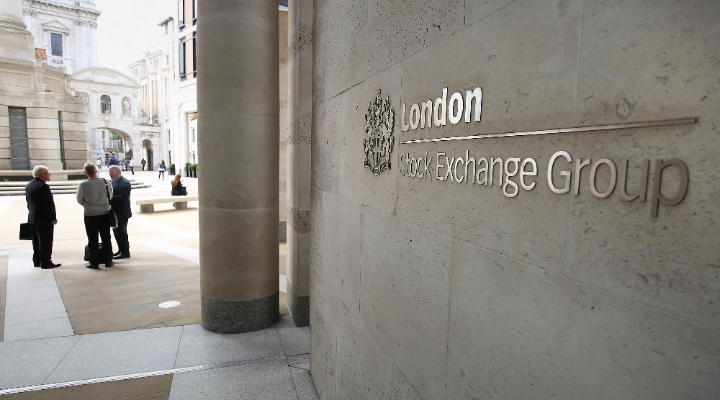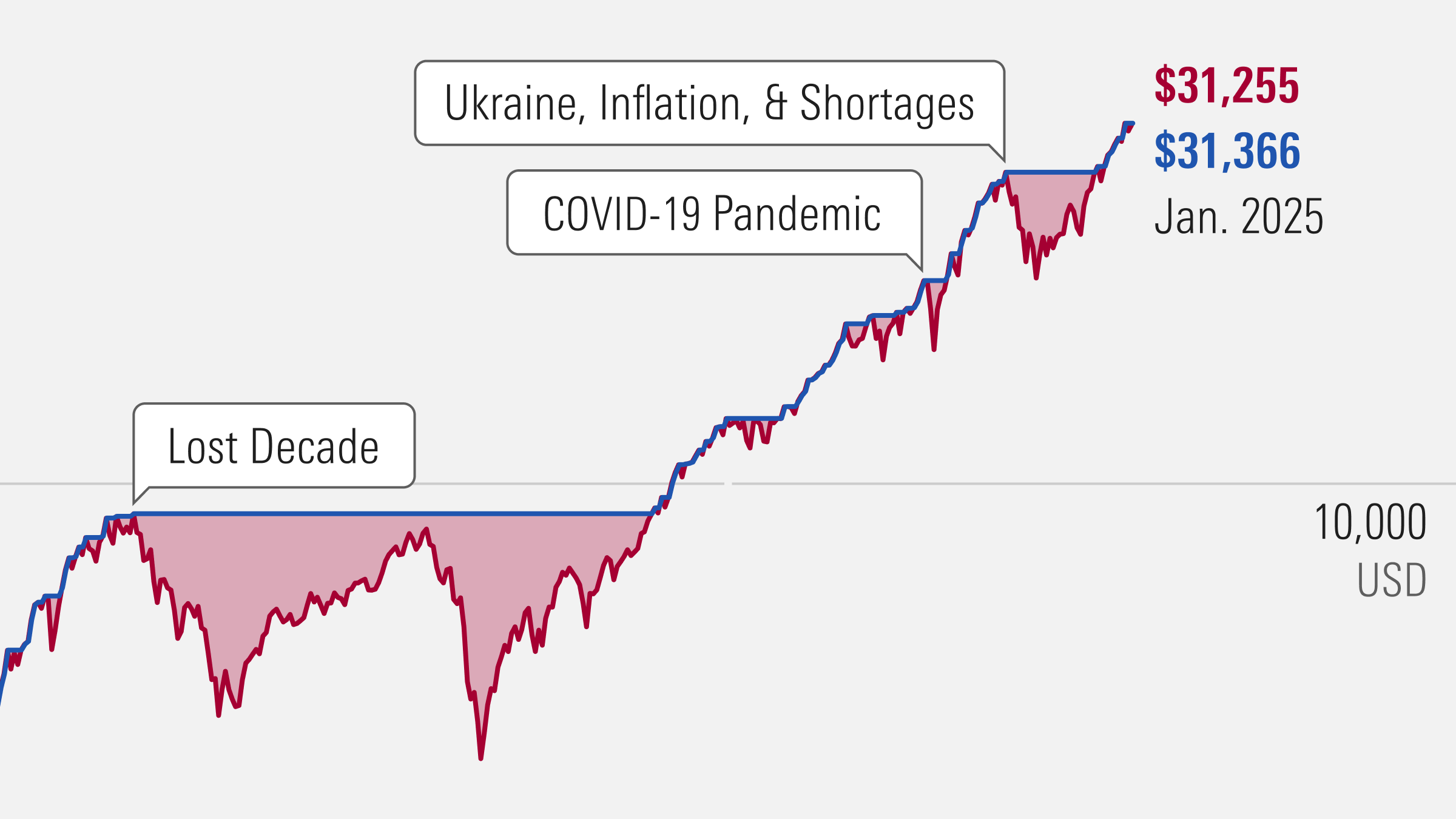
Many global stock markets hit record highs in 2021, despite the volatility caused by a new coronavirus variant at the end of the year.
Active fund managers have largely prospered in this environment, beating the market in many cases. We have looked at the performance of the investment trusts with a Morningstar Analyst Rating in 2021. There’s been a big shake-up in the top and bottom funds from a year ago.
Some of 2020’s biggest winners couldn’t repeat the same performance in 2021, while some laggards have shot to the top of the table. For example, 2020’s top trust (Scottish Mortgage) fell to 21st place last year, while Fidelity Special Values soared from 34th to second place.
This is partly down to an abrupt shift in the investment landscape in 2021: China was the place to be invested in during 2020 but less so last year, while energy and financial stocks made a strong comeback. Trusts invested in 2020’s hot US stocks like Tesla (TSLA) like Scottish Mortgage continued to do well, but couldn’t match that year’s astonishing performance. In general, smaller companies and European trusts outshone those focused on Asia and emerging markets.
Investment trusts use gearing (debt) to enhance their returns, so you would expect them in a rising market to beat the FTSE AllShare, a commonly-used benchmark that gained around 14.5% in 2021. Not all trusts benchmark off the AllShare, but it’s a useful mark in the sand for passive investors: would you have been better off putting your money in a low-cost tracker rather than a trust with higher fees, higher risk, but potentially also enhanced returns?
Of the 36 investment trusts rated by Morningstar, 19 have beaten the AllShare. Last year was a less extreme year than 2020 in terms of stock market winners and losers, and that was reflected in the investment trust tables: the best performer in 2021 gained 33% and the worst fell 20%, whereas in 2020 those extremes were +106% and -17%, respectively.
In 2021, three closed-end funds managed to post gains above 30%, while only seven were in negative territory for the year. Only two of those made double-digit losses. Investment trusts offer targeted exposure to sectors, regions or themes, and tend to do very well when they’re in favour, and less so when they’ve had a mediocre year.
Montanaro Takes the Top Slot
Montanaro European Smaller Companies (MTE) took the laurels for 2021 with a gain of over 33% on a net asset value (NAV) basis, following 2020’s rise of 40%, which put it just outside the top five slots in that year. The trust has a Morningstar Analyst Rating of Bronze and has a 33% weighting towards Sweden, while more than 50% of the portfolio is focused on technology and healthcare stocks.
Morningstar’s head of manager research, Jonathan Miller, says that the trust’s strong performance across up and down markets over the past few years, with notable outperformance in falling markets, has cemented the reputation of manager George Cooke, who has run the trust since the start of 2012.
Apart from the Montanaro trust, the rest of last year’s top five holdings were 2020’s losers. Gold-rated Fidelity Special Values (FSV), which came in at number 34 out of 36 in 2020, was in second place in 2021 with a return of 32.5%. The value-focused trust, run by Alex Wright, was upgraded from Silver to Gold in May 2021, and holds names like Royal Dutch Shell (RDSB) and insurer Legal & General (LGEN), which did well in 2021 as energy and financial stocks returned to favour.
On the flipside, 2020’s top riser with a return of more than 100%, Scottish Mortgage Investment Trust (SMT), was in 21st place in 2021 with a still respectable 12% increase. The trust benefited from a weighting towards Tesla (TSLA) in 2020 and general focus on tech, but has slipped down the table. (Co-manager James Anderson is stepping down in April 2022).
2020’s second and third best performers, Edinburgh Worldwide (EWI) and JPMorgan China Growth & Income (JCGI), were firmly planted at the bottom of 2021’s table, with losses of 17% and 20%, respectively.
Both trusts have Silver Analyst Ratings and have strong long-term performance track records: EWI has made annualised gains of 24% over 5years and JGCI of nearly 17% over 10 years on a price basis. And both gained more than 80% in 2020. Asia-focused and emerging market trusts languish towards the bottom of last year’s table and there are a handful of Japan funds in there too. We’ve looked at the outlook for EM this year in a separate article and my colleague Sunniva Kolostyak has analysed China’s prospects after a turbulent 2021 in this video.
Exceptions to this rule include Silver-rated Fidelity Asian Values (FAS), which moved up the table last year with a gain of 17%. While many Asian funds have a heavy weighting towards China, Fidelity Asian Values has more than 75% of the portfolio focused on ex-China, with around 20% weighted towards India, which had a stellar 2021.
Morningstar Direct return data for investment trust calculates the annual gain or loss based on the net asset value (NAV) of the fund rather than the share price change




























